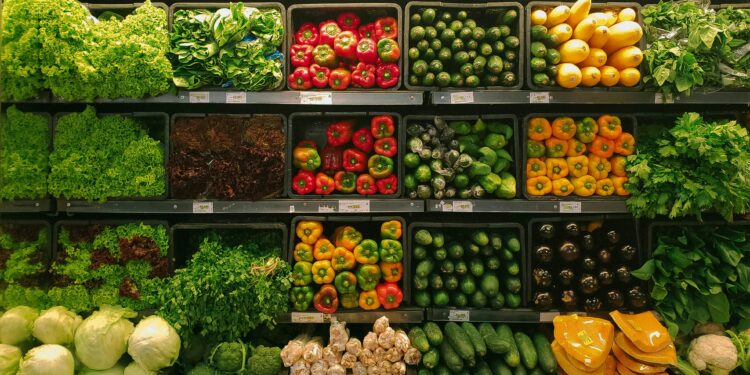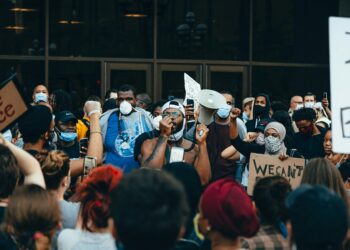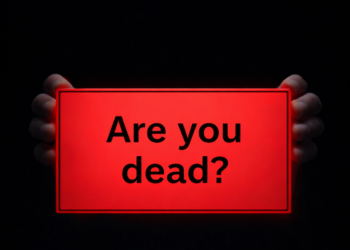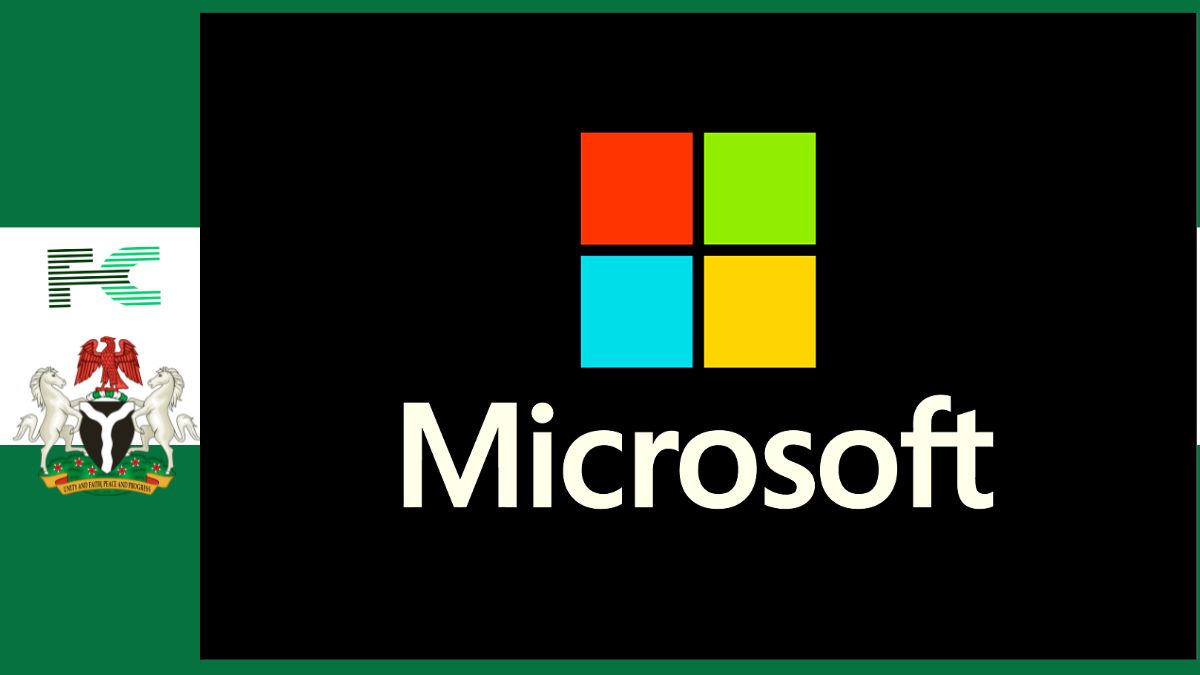In a move to tackle rising prices, President Donald Trump has signed an executive order slashing tariffs on over 100 everyday food items, a surprise reversal that promises immediate relief at the checkout counter for American families.
The sweeping list of exemptions targets staples like coffee, bananas, beef, avocados, and a wide range of spices—goods the administration admits cannot be produced in sufficient quantities in the U.S. The decision, effective immediately and applied retroactively, signals a direct response to mounting political pressure over the cost of living, which was a key factor in the Republican Party’s poor performance in last week’s elections.
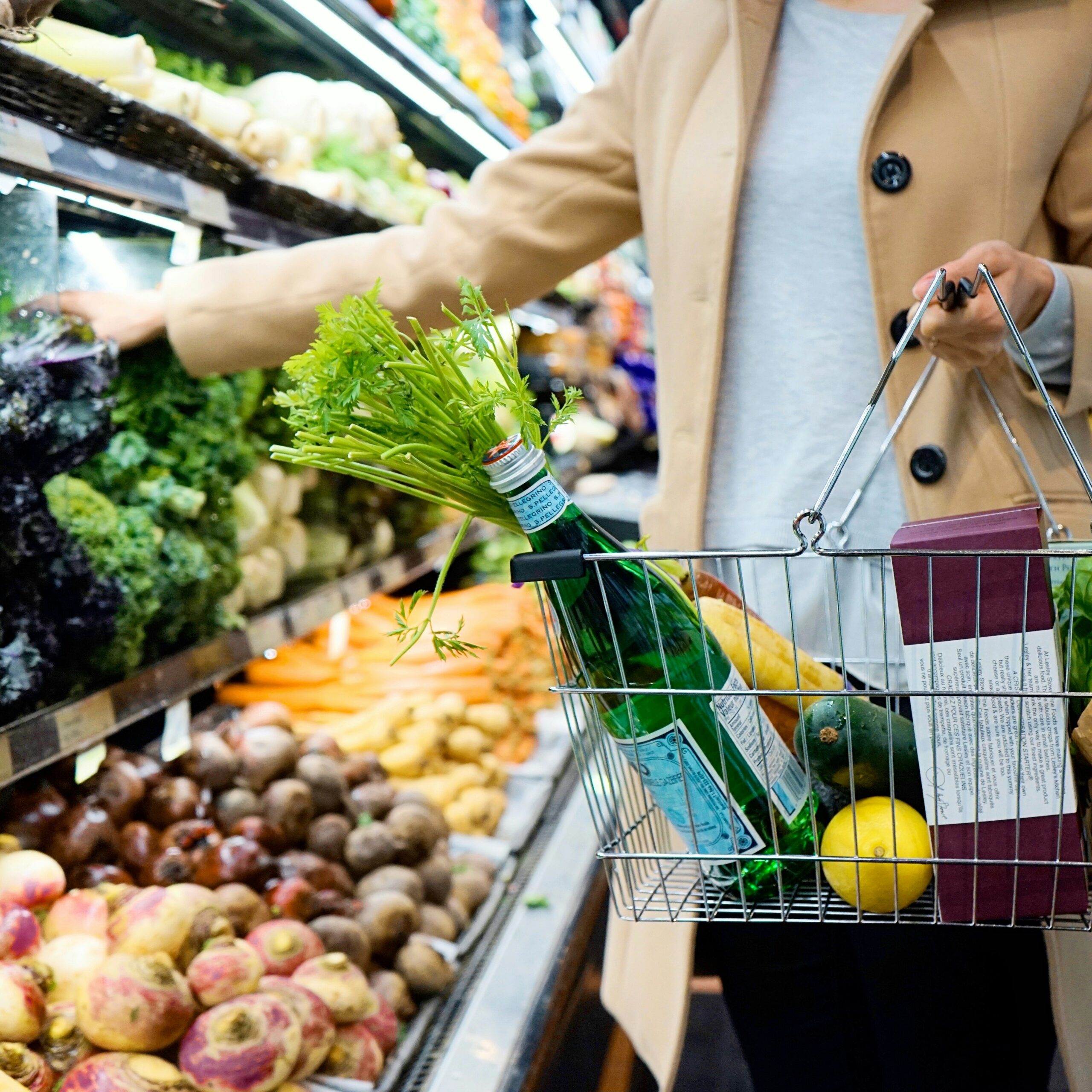
“Prices of coffee were a little bit high. Now they’ll be on the low side in a very short period of time,” Trump told reporters, explicitly linking the policy to lower consumer costs. The move directly counters his previous stance that affordability concerns were a Democratic “con job” and marks a significant retreat from his hardline tariff policy.
Why It Matters
This is a political survival move. For months, the administration insisted tariffs wouldn’t raise prices, but the reality at the grocery store became impossible to ignore. This rollback is a silent admission that the economic theory crashed into the hard reality of a family’s weekly shopping bill.
The list of exempted goods reads like a shopping list for a healthy kitchen—coffee, beef, fruits, and spices. By targeting these items, the White House is hoping voters feel the difference where it matters most: their wallet. It’s a calculated bet that admitting a mistake on tariffs will be forgiven if it leads to tangible savings. The question is whether this relief will come fast enough to change the political narrative that the administration is only now acknowledging a crisis it helped create.

